Monetizing Online Forums Has Been Downloaded More Than 20,000 Times
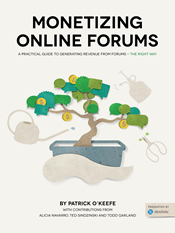 Monetizing Online Forums, the ebook that I authored that was published by Skimlinks in July of 2012, has now reached 20,000 downloads.
Monetizing Online Forums, the ebook that I authored that was published by Skimlinks in July of 2012, has now reached 20,000 downloads.
When I began to work on the ebook (when it was only expected to be 10-20 pages, rather than the 100 it ended up being), I didn’t really have any expectations. I had never written a free ebook and, frankly, I didn’t really want to. Most free ebooks just aren’t particularly valuable.
I don’t write stuff for list generation. I write stuff so people can feel empowered and not need to contact me at all. But Alicia Navarro and Joe Stepniewski of Skimlinks convinced me that I could do what I wanted, and treat it like my second book.
Read More

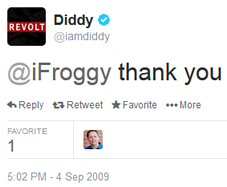 A while back, I complemented someone on Twitter. For reference, he has 27 followers as I write this. He’s unknown in his field and is just starting out. I happened across some work he did and sent some kind words his way, encouraging him to keep pursuing his craft.
A while back, I complemented someone on Twitter. For reference, he has 27 followers as I write this. He’s unknown in his field and is just starting out. I happened across some work he did and sent some kind words his way, encouraging him to keep pursuing his craft.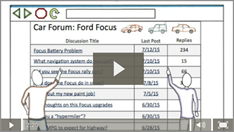 Lee LeFever understands community. He was a community manager from
Lee LeFever understands community. He was a community manager from 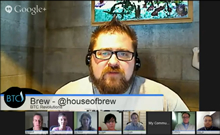 Last Friday, I had the pleasure of appearing on
Last Friday, I had the pleasure of appearing on 

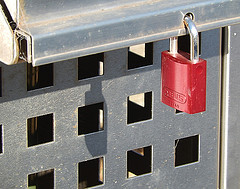

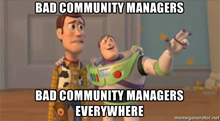 I was recently talking with Lionel Scaramal, the long-time manager of
I was recently talking with Lionel Scaramal, the long-time manager of 